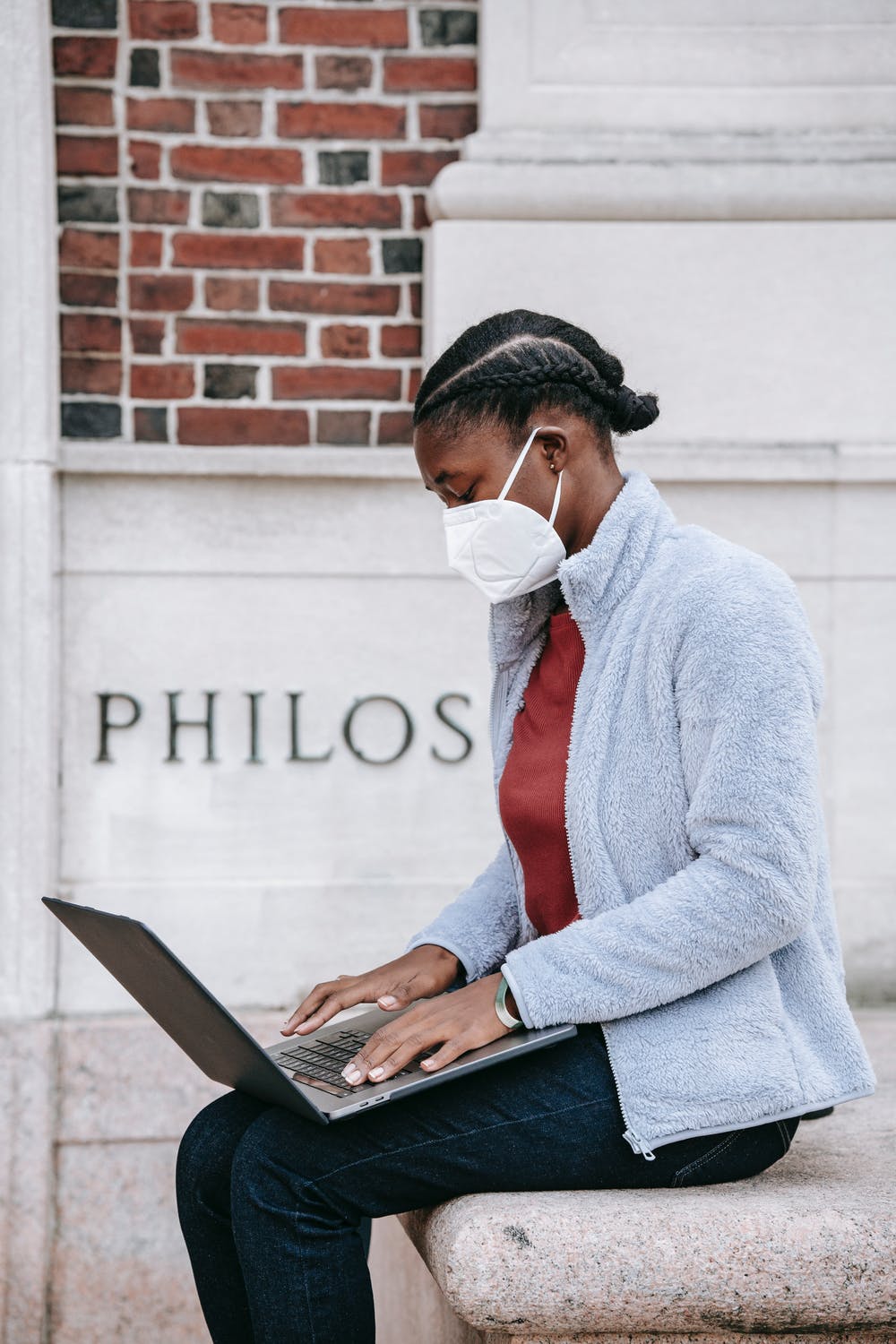
Coastal Carolina
The COVID-19 pandemic caused many disruptions for universities around the world, especially to their global initiatives. The spread of the coronavirus caused multiple border closures and travel restrictions as every county did what it thought was necessary to contain the pandemic. Many students on exchange and long-term programs abroad had to return to their home country. Dr. Darla Domke-Damonte, Associate Provost for Global Initiatives at Coastal Carolina University, explained that the main priority when the pandemic broke was to “recall students who were abroad, working with those partner institutions to assure academic continuity.
While most international students left Coastal Carolina University to return home in the spring of 2020, there was a need to identify how these students will continue their education in the fall of 2020. Some students chose to return to campus in the fall. Others were either unable to travel or chose not to. Dr. Domke-Damonte’s office worked with students from abroad to make sure that they had an academic plan and that they were compliant with US immigration regulations. Fortunately, while Coastal Carolina University offered some in-person classes in the fall, all the classes were also streaming online, allowing students to stream them from anywhere in the world. Responding to the pandemic compelled universities to be flexible and rely on online education. It is likely, that universities will continue to provide a lot of online education after the pandemic. Teaching online allows universities to have a more global reach.
Haaga-Helia University of Applied Sciences
We interviewed Eva Herttuainen, a Lecturer and Guidance Counselor from Haaga-Helia University of Applied Sciences in 23 3 2021 to hear her thoughts on how she has coped with the challenges of the pandemic in her work.
